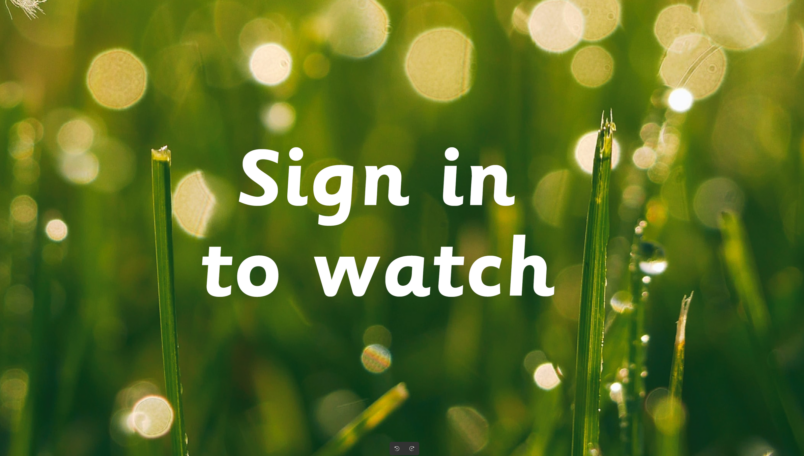Measurement (length): Giraffe Heights
Challenge level ⭐⭐
(designed for children with prior knowledge of the Year 3 and Year 4 programme of study)
Learning Objective
We are learning how to solve a natural world problem by using and applying our knowledge and skills of measurement and length (m & cm).
Useful prior knowledge:
- To understand decimal notation in the context of measurements
- To convert between different units of length (m & cm)

Clip Description
Many dangers lurk in the dry savannah grasslands of Africa, and a giraffe’s great height and excellent eyesight help it to spot predators from far away. With its long neck and long tongue (which can grow to a whopping 53 cm), a giraffe can munch on leaves that no other herbivore can reach.
In this fascinating clip, we learn that some giraffes in Namibia roam distances of 11,000 square kilometres in search of food. We also learn that giraffes get most of the water they need from browsing on acacia tree leaves. How do you think they defend themselves from the sharp spines that grow on the branches of these trees? Watch the clip to find out.
Quick Whiteboard Challenge
On average, a giraffe eats 45 kg of leaves and twigs a day.
(Teacher note: Children to carefully pass a kilogram weight around the class.)
Can you give a reasonable estimate for the weight of food you eat in a day? How do you know?

 Sign in
Sign in